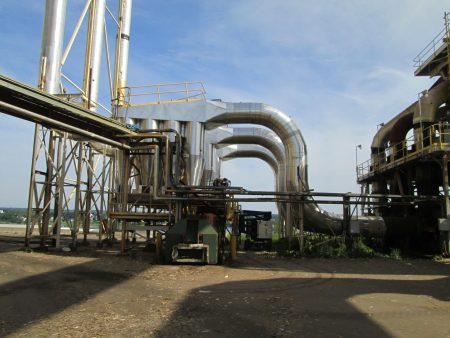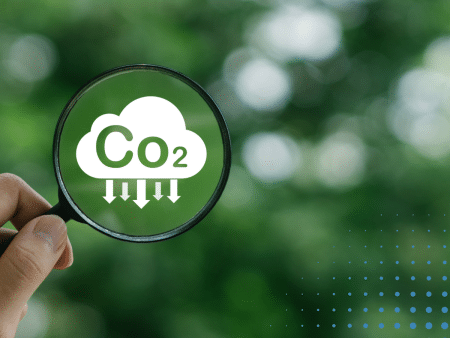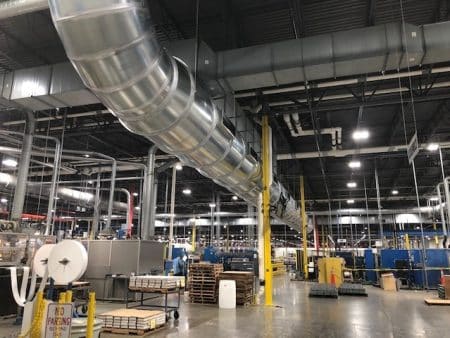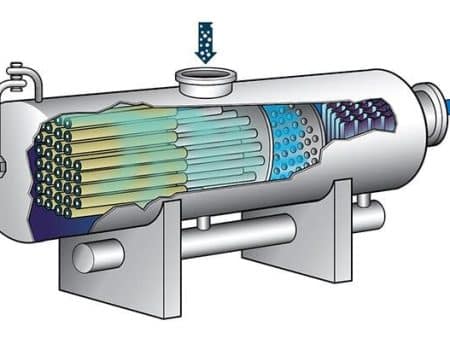
Carbon Capture, Utilization, and Storage (CCUS) has emerged as a promising technology for mitigating climate change by capturing carbon dioxide (CO2) emissions from industrial processes and power plants before they enter the atmosphere. While CCUS holds immense potential, its widespread implementation faces several challenges and barriers that must be addressed.
High Costs
One of the primary barriers to CCUS deployment is the substantial upfront investment required for capturing, transporting, and storing CO2. The costs associated with building and operating CCUS infrastructure, including specialized capture equipment, transportation pipelines, and secure storage facilities, can be immense. Additionally, the energy consumption involved in capturing and compressing CO2 adds to the overall cost burden.
有限的财政激励
The economic viability of Carbon Capture, Utilization, and Storage projects is hindered by the lack of robust financial mechanisms that would incentivize companies to invest in this technology. Carbon pricing, which puts a monetary value on CO2 emissions, can serve as an effective economic driver for CCUS adoption. However, carbon pricing schemes are not yet widely implemented, and existing schemes often lack the necessary price signal to make CCUS economically attractive.
Technology Maturity and Efficiency
While CCUS technologies have advanced significantly in recent years, further research and development are needed to enhance their maturity, efficiency, and scalability. Improving the effectiveness of CO2 capture processes, expanding the range of CO2 utilization options, and optimizing storage methods are crucial for making CCUS technologies more cost-effective and competitive.
Regulatory Frameworks and Permitting
The absence of clear and streamlined regulatory frameworks for CCUS can create uncertainties and delays in project development. Navigating complex regulatory procedures and obtaining necessary permits can be time-consuming and costly. Developing comprehensive regulations that address safety, monitoring, and liability issues is essential to provide a predictable and supportive regulatory environment for CCUS projects.
Infrastructure Requirements
Establishing the necessary infrastructure to support CCUS operations poses significant logistical challenges. The availability of suitable geological formations for long-term CO2 storage and the development of transportation networks for captured CO2 require careful planning and investment in infrastructure development.
Public Perception and Acceptance
Public perception and acceptance of CCUS technologies play a critical role in their successful implementation. Concerns about the safety of CO2 storage, potential environmental impacts, and the possibility of CO2 leakage need to be addressed through transparent communication, public engagement, and awareness campaigns to build public trust and support for CCUS projects.
Overcoming the Barriers to CCUS Implementation
Addressing the barriers to CCUS implementation requires a collaborative effort among governments, industries, and research institutions. Governments can play a key role by providing financial incentives, establishing supportive policies, and developing clear regulatory frameworks. Industries can contribute to CCUS advancement by investing in research and development, adopting CCUS technologies, and advocating for supportive policies. Research institutions can focus on improving CCUS technologies, addressing environmental concerns, and providing scientific evidence to inform policy decisions.
Continued Research and Development
Continued research and development efforts are essential to enhancing the efficiency, reliability, and cost-effectiveness of CCUS technologies. This includes developing more efficient capture processes, expanding the range of CO2 utilization options, and optimizing storage methods.
Financial Incentives and Supportive Policies
Governments can provide financial incentives, such as carbon pricing, tax credits, or subsidies, to make CCUS projects economically viable. Additionally, supportive policies that streamline regulatory processes promote infrastructure development, and encourage public acceptance can further facilitate CCUS deployment.
Streamlined Regulations and Effective Communication
Developing straightforward and streamlined regulatory frameworks for Carbon Capture, Utilization, and Storage can provide a predictable and supportive environment for project development. Effective communication strategies that address public concerns and promote transparency can build trust and support for CCUS implementation.
Collaborative Efforts for Widespread Deployment
By overcoming the barriers to CCUS implementation through collaborative efforts, CCUS can become a vital tool in mitigating climate change and achieving sustainable development goals. CCUS has the potential to reduce greenhouse gas emissions significantly, contributing to a cleaner and more sustainable future.
As a leading environmental solutions provider, CECO Environmental is committed to advancing CCUS technologies and promoting their widespread adoption. We believe that CCUS has the potential to significantly mitigate climate change and ensure a sustainable future for our planet.
We encourage governments, industries, and research institutions to join us in addressing the barriers to CCUS implementation and unlocking the full potential of this transformative technology. Let us work together to pave the way for a cleaner, healthier environment.



